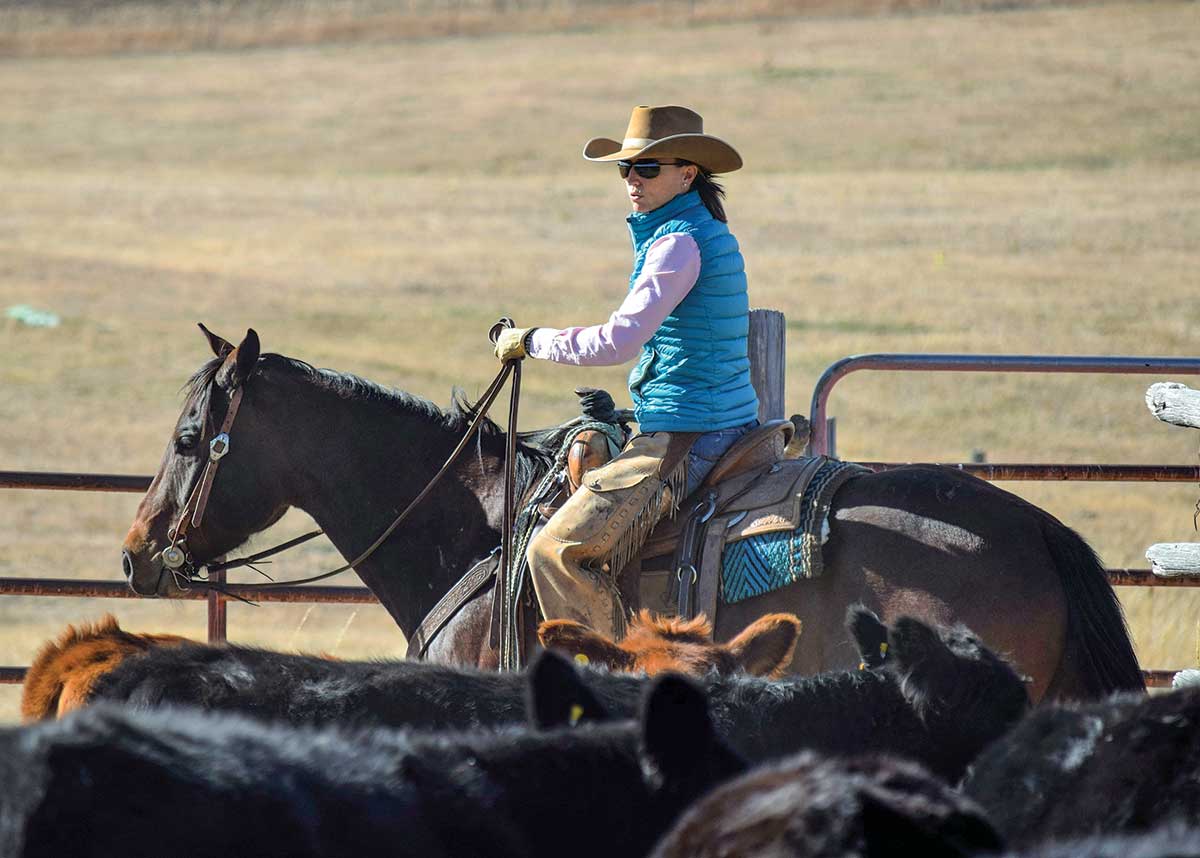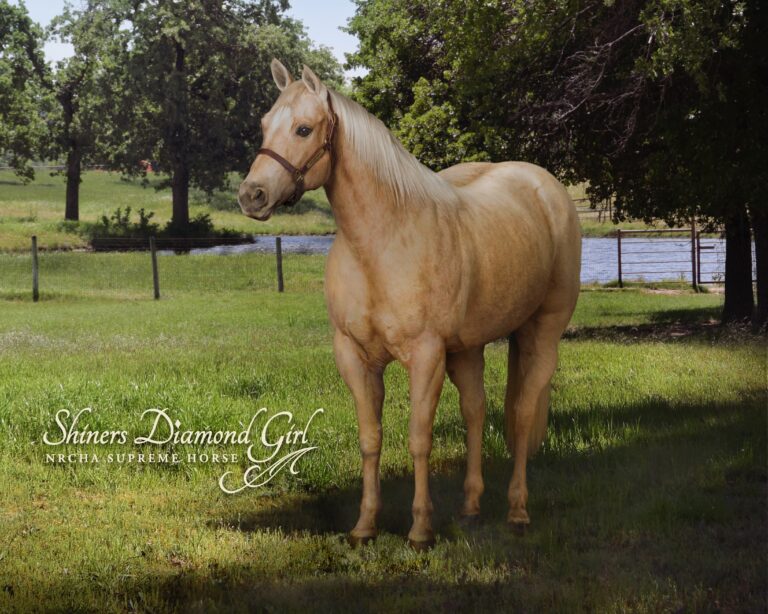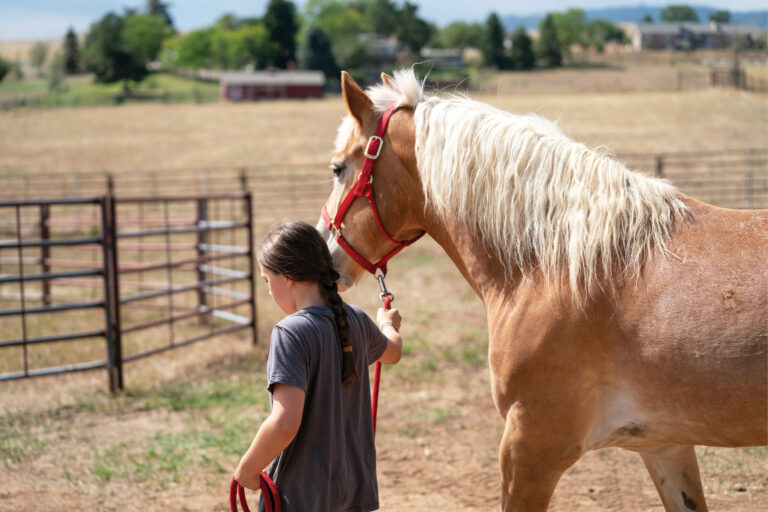
I’ve heard life’s a highway. But lately it’s felt a little more like a cul-de-sac.
Just over 19 years ago, I graduated from college. Within weeks, fresh parchment proving the completion of my journalism studies in tow, I went to work cleaning stalls and riding colts for a cutting horse trainer. I recently found myself in a quite similar situation.
Now, this story begs some context. In addition to being newly graduated, I was also newly wed. My wife was finishing her education degree by student teaching in a rural Eastern Colorado school. A stall-cleaning/colt-starting gig was the nearest work I could find, so I decided to take it.
I was honored to start some sure-enough good colts and learned to make a good hand with a stall fork that winter. By spring, my wife graduated with her agricultural education degree and we began our careers. Within a couple of years, I found a small piece of ground to lease for my cow herd, and we moved into a house with some acreage and added horses to the mix.
A Time of Growth
Through time, our family grew, our cow herd grew, and between the two we needed more horseflesh. Kids’ horses, as most folks know, are the hardest to find. Often when one does show up for sale, it’s old and/or crippled. Our kids, sadly, learned hard lessons about life and death from their first horses, acquired at the twilight of the mounts’ riding careers. One thing I’m beginning to realize, though, is as difficult as those decisions were to endure, the decisions themselves were easy to make.
Along the way, each of our kids became very solid riders. My wife and I could see that a new kids’-horse strategy was in order, so we bought young ones in hopes that as they matured, they might work for the kids—and in the meantime be useful horses for our cow operation.
By the time this bunch of horses turned 5, it was obvious that at least one had realistic potential as a kids’ horse. The only question would be if my wife would let either of the kids have him! Nevertheless, we bought a two-year-old replacement to prepare as we repurposed the 5-year-old to the job of kid mount.
Then it happened. He colicked. We’ve experienced our fair share of bellyaches and responded conservatively. As soon as we discovered the kids’ gelding, my wife loaded him in the trailer and took him to our nearest equine veterinary clinic with a surgical unit for evaluation.
Decisions, Decisions, Decisions
When they admitted the horse, the veterinarians’ first impressions were that he could pass the impaction on his own. For two days, they let him try with no results. Finally, they decided to operate. We were given an estimate of the cost at drop off and both my wife and I agreed he was worth saving.
But by giving him extra time to pass the impaction on his own, dealing with an impaction twice the normal size, and some post-operative complications, the bill wound up much higher than anyone planned. Clearly this wasn’t the clinic’s fault, but had we known what the final bill would come to, would we have made a different decision?
I found myself pondering the moral implications of that question quite a bit as I cared for the horse. You see, for the first few days and weeks after a horse returns home from surgery, the owner’s life revolves around excrement. Almost ’round-the-clock monitoring is required: poop inventory and feed and water intake must be observed. He was confined to a box stall (most of the time our horses are turned out to pasture), so we were working to keep his shavings clean. Plus, I had the new young horse to ride. Simultaneously, my wife was serving as a long-term substitute for the local ag teacher.
I felt as though I was right back where I started some 19 years ago: my wife teaching school while I cleaned stalls and rode colts. A cul-de-sac; not a highway. It led to some serious questioning of my career choices.
Yesterday Versus Tomorrow
As I worked the stall fork and thought about the value of that horse’s life (we could’ve bought two nice horses or even three good prospects with what we spent on his clinic visit), I couldn’t help but consider the journey of life.
Whether it’s my cul-de-sac experience—as in my stall-cleaning gig—or the question of how to value a horse’s life, in the final analysis we can’t allow ourselves to be mired in past decisions. We may retrace a few steps, we’ll make some wrong turns, and there’ll always be consequences for what we do. But we can’t allow the past to cripple our future. We must always move forward.
The philosopher—and Hollywood actor—John Wayne may have said it best: “There’s a lot of things great about life. But I think tomorrow is the most important thing. Comes in to us at midnight very clean, ya know. It’s perfect when it arrives and it puts itself in our hands. It hopes we’ve learned something from yesterday.”






